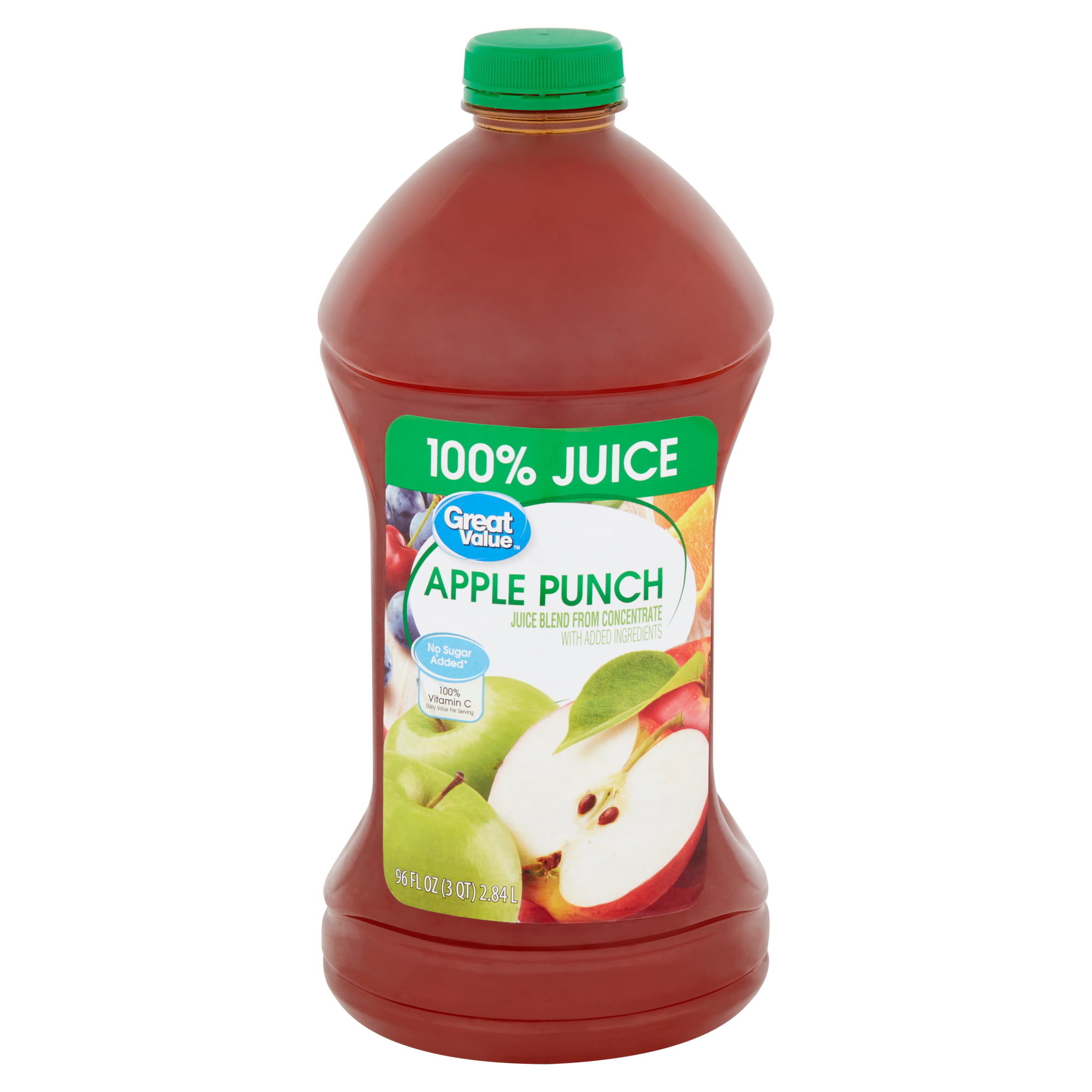

Products are suitable for a wide range of applications-not only beverages but also dairy products, ice cream, cereals, snack bars, and confectionery. Ingredient manufacturers dominate the marketplace for juice concentrates used as sweeteners. They’re a boon for manufacturers looking to replace the negative image of high-fructose corn syrup with a more natural-sounding ingredient.īut fruit juice concentrates do resemble nutritive sweeteners in one major way: They add calories and carbohydrates to foods and beverages. Unlike sugar and other nutritive sweeteners, they may not need to be listed as added sugars on the new Nutrition Facts panel, depending on the application. When used as a food ingredient, fruit sweeteners appeal to manufacturers and consumers alike as “natural” alternatives to sugar.
:max_bytes(200000):fill(white)/https://static-assets.boxed.com/1489436289573.jpg)
Manufacturers often position cherry, berry, pomegranate, and other phytochemical-rich juice concentrates for their functional properties rather than as sweeteners for home use. Today, juice concentrates are available in a wider variety of formats, including shelf-stable bottles and cartons, as well as a broader range of flavors. Historically, juice concentrates such as orange, grape, and apple were sold in cans in the freezer section for consumers to reconstitute with water at home. Sweeteners made from concentrated fruit juice aren’t new to the food supply-think apple juice concentrate in juice blends, cereal bars, and granola-but their use today is more nuanced.


 0 kommentar(er)
0 kommentar(er)
